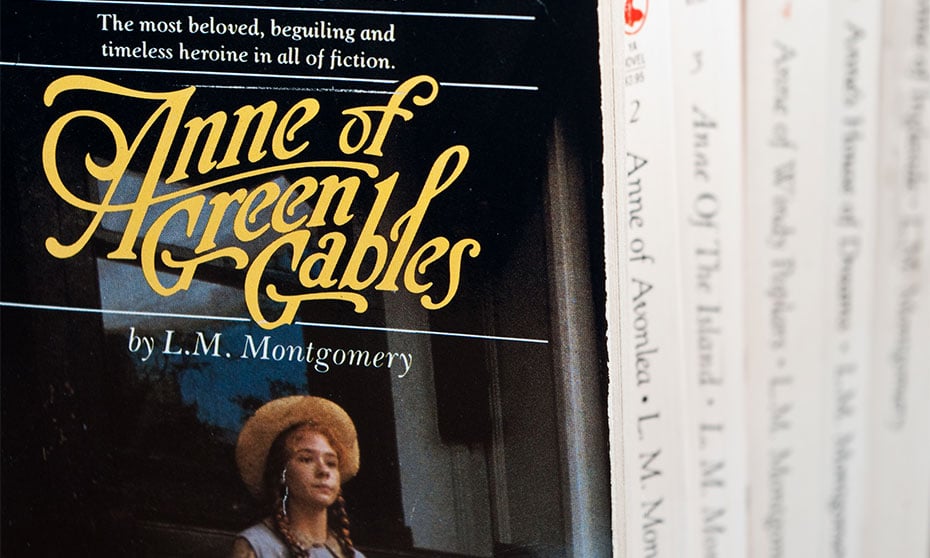
Focuses on elements of new Netflix series

A dispute about the Anne of Green Gables series has put the court in a “relatively unusual and unique situation,” according to a decision released last month.
The case, Sullivan v. Northwood Media Inc., 2019 ONSC 9, focuses on whether elements of a new Netflix series use distinctive aspects of works created by Kevin Sullivan. The decision, written by Master Donald Short, gives examples such as the depiction of steam trains in both series.
While the content may be familiar to fans of the “Canadian icon” created by Lucy Maud Montgomery in 1908, the latest Anne-related dispute involves an “esoteric area of the law,” Short said in the decision.
Short’s decision touches on 2019 changes to the Rules of Civil Procedure for when the court creates discovery plans.
The parties disagreed about four areas, Short wrote: if the plaintiffs needed to produce any documents; if the defendants needed to produce development agreements; if the parties should have the same number of hours for examinations; and the deadlines for delivering affidavits.
“In relatively routine disputes the court can, for example apply ‘the usual terms’ in civil actions arising from a motor vehicle accident. The difficulty in a case such as the present matter, where the applicable law is complex and the claims somewhat novel to choose in its entirety, either side’s version of the appropriate ‘production regime’ at a very early stage,” Short wrote. “Here $10 million is claimed and a one-hour motion with diametrically opposed approaches from counsel needed to be addressed. The present system is not well equipped for such a task.”
Out of “concern for court resources,” Short decided that the discovery plan should be established while “avoiding detailed analysis by the court of the specific minutiae of the competing alternatives for each component of the discovery plan.” Short also wrote that future disputes about the production process should be dealt with by the “least expensive and most expeditious path.”
Neither lawyer who worked on the motion provided comment to Law Times.
The case is in the very early stages, notes Margaret Ann Wilkinson, professor emerita and adjunct full professor at Western Law. But Wilkinson, who has followed cases about the Anne-related intellectual property for years, says the case shows yet another facet of a highly litigated property.
Short’s decision also references Cinar Corporation v. Robinson, 2013 SCC 73, which compared to the long history “Anne of Green Gables,” is a relatively recent decision on whether a substantial part of a work has been reproduced.
“There has been almost continuous litigation over these properties, especially as they change media. It doesn’t hugely surprise me, because anything to do with ‘Anne” in the Canadian context — if there is an opportunity for dispute, that will bring it out, because it was such a valuable property and a huge hit for the CBC at the time. So, this is another chapter,” she says. “There is a complex history, because the original books were written before the current framework of copyright … the change of media happened around the time that the change in our attitude toward films.”